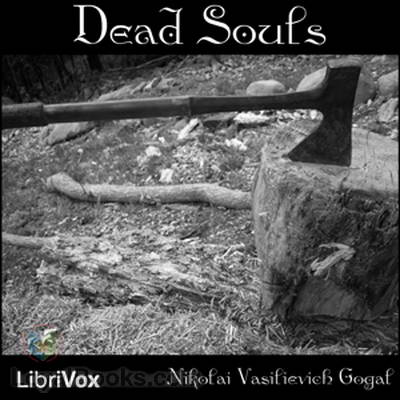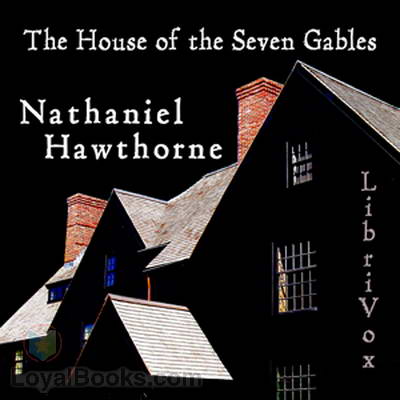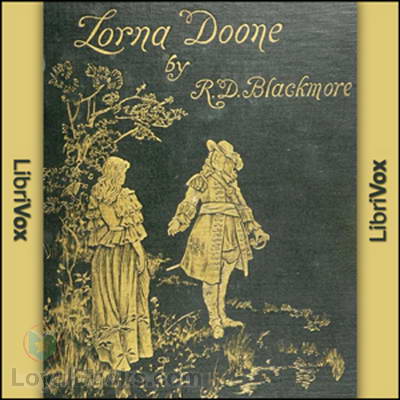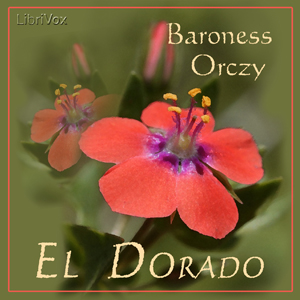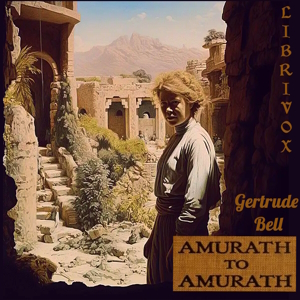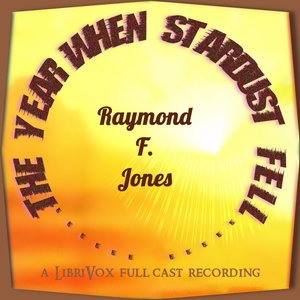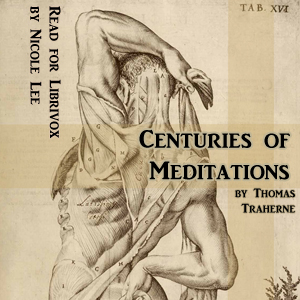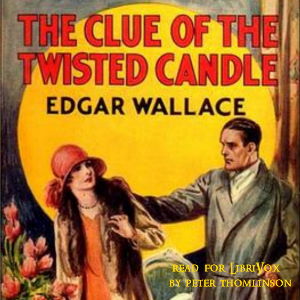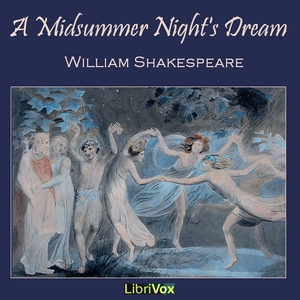Description
By: Nikolai Vasilievich Gogol
Dead Souls by Nikolai Vasilievich Gogol is a captivating and thought-provoking novel that delves into the complexities of 19th-century Russian society. The story follows the protagonist, Chichikov, a mysterious and enigmatic man who embarks on a peculiar journey to acquire “dead souls” – deceased serfs who are still listed as living in official records.
Gogol’s writing style is rich and descriptive, drawing the reader into a world filled with vivid characters and intricate plotlines. The author uses satire and humor to critique the greed and corruption that pervaded Russian society at the time, offering a scathing commentary on the human condition and the pursuit of wealth and status.
Despite being written over 150 years ago, Dead Souls remains relevant today, shedding light on timeless themes such as morality, redemption, and the quest for meaning in a fast-paced and materialistic world. Gogol’s masterful storytelling and keen insights into human nature make this novel a timeless classic that continues to resonate with readers of all ages.
Book Description:
Dead Souls by Nikolai Gogol, Russian writer, was first published in 1842, and is one of the most prominent works of 19th-century Russian literature. Gogol himself saw it as an “epic poem in prose”, and within the book as a “novel in verse”. Despite supposedly completing the trilogy’s second part, Gogol destroyed it shortly before his death. Although the novel ends in mid-sentence (like Sterne’s Sentimental Journey), it is usually regarded as complete in the extant form.
In Russia before the emancipation of the serfs in 1861, landowners were entitled to own serfs to farm their land. Serfs were for most purposes considered the property of the landowner, and could be bought, sold, or mortgaged against, as any other chattel. To count serfs (and people in general), the measure word “soul” was used: e.g., “six souls of serfs”. The plot of the novel relies on “dead souls” (i.e., “dead serfs”) which are still accounted for in property registers. On another level, the title refers to the “dead souls” of Gogol’s characters, all of which visualise different aspects of poshlost (an untranslatable Russian word which is perhaps best rendered as “self-satisfied inferiority”, moral and spiritual, with overtones of middle-class pretentiousness, fake significance, and philistinism).

